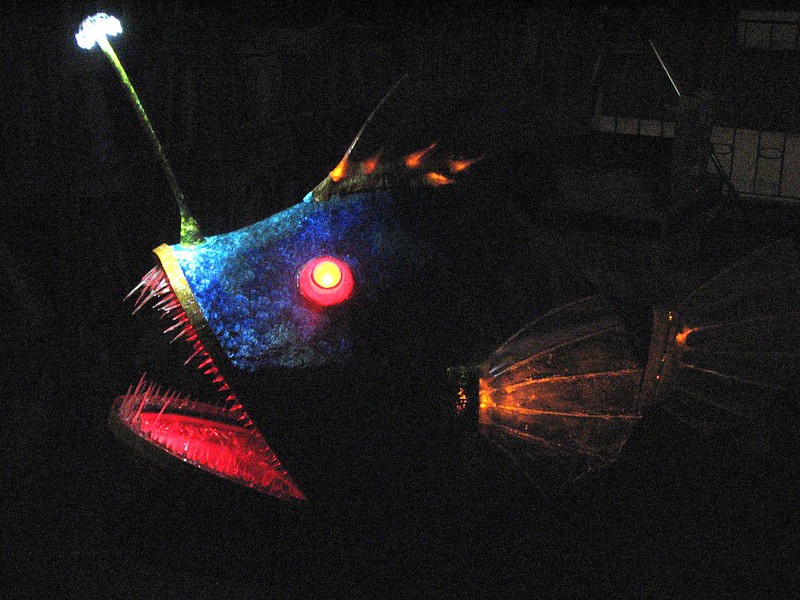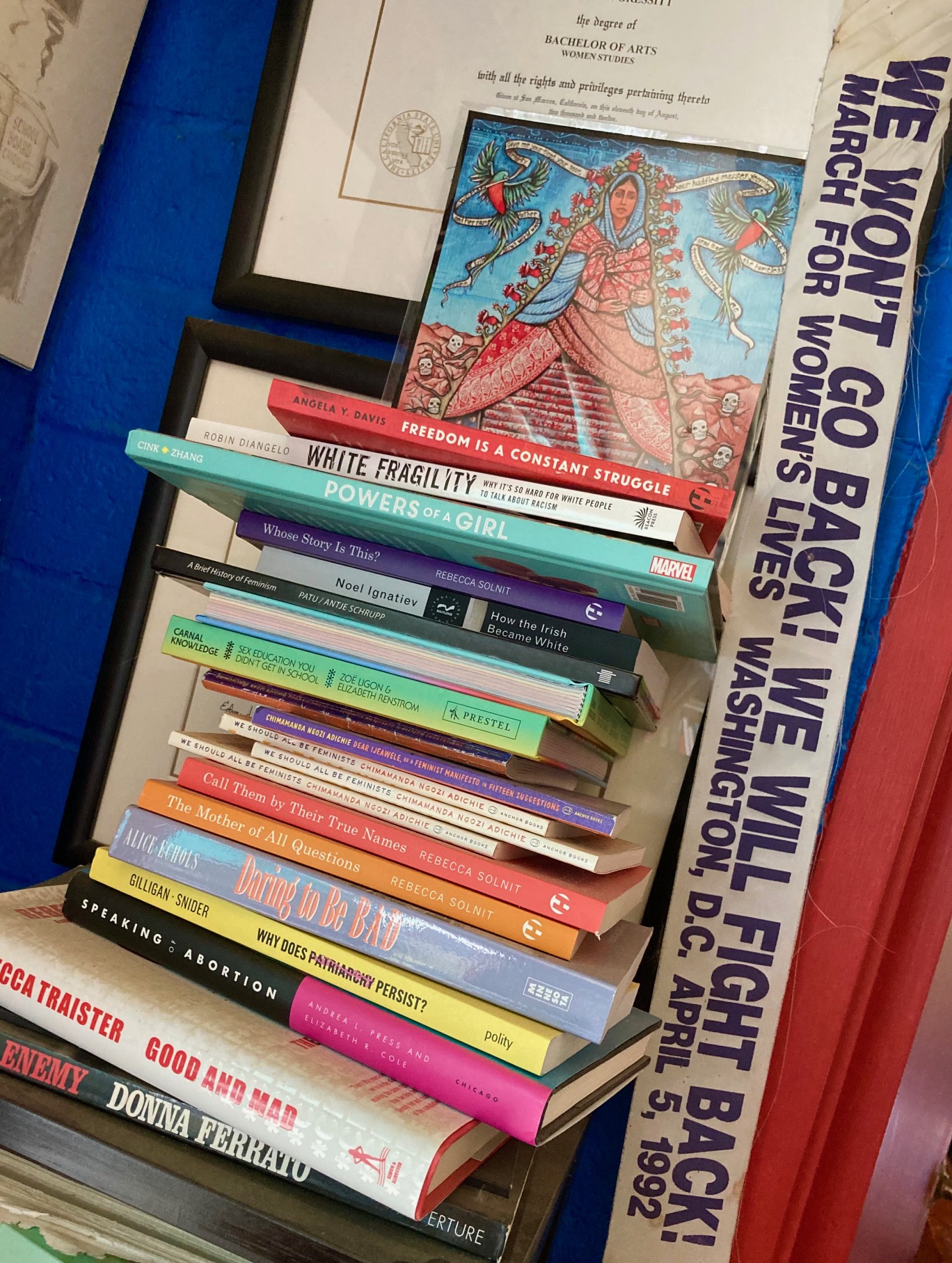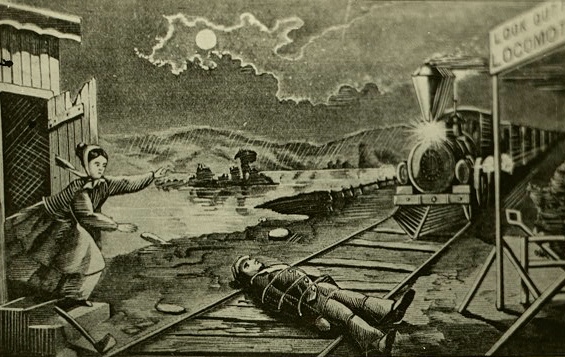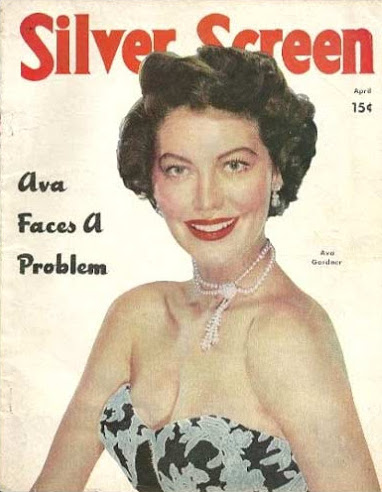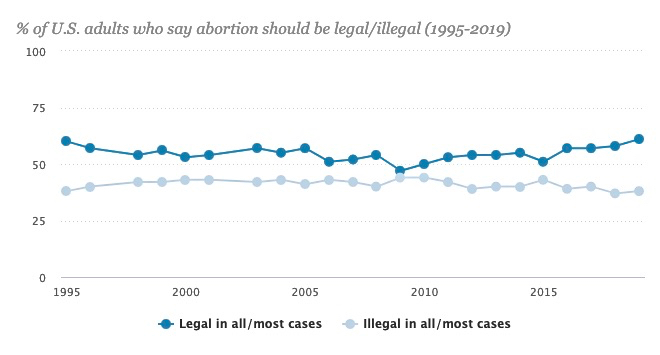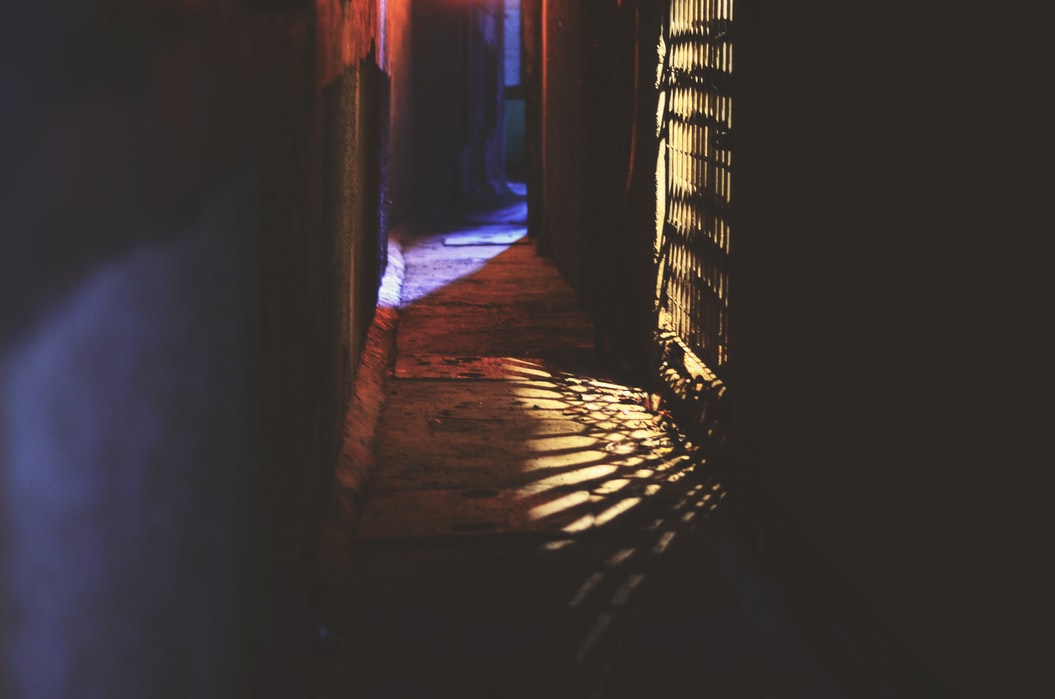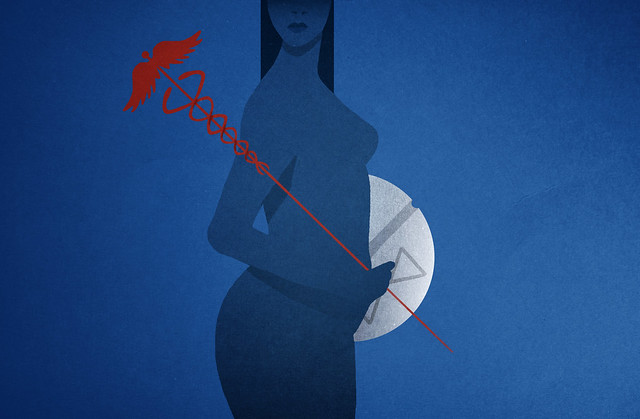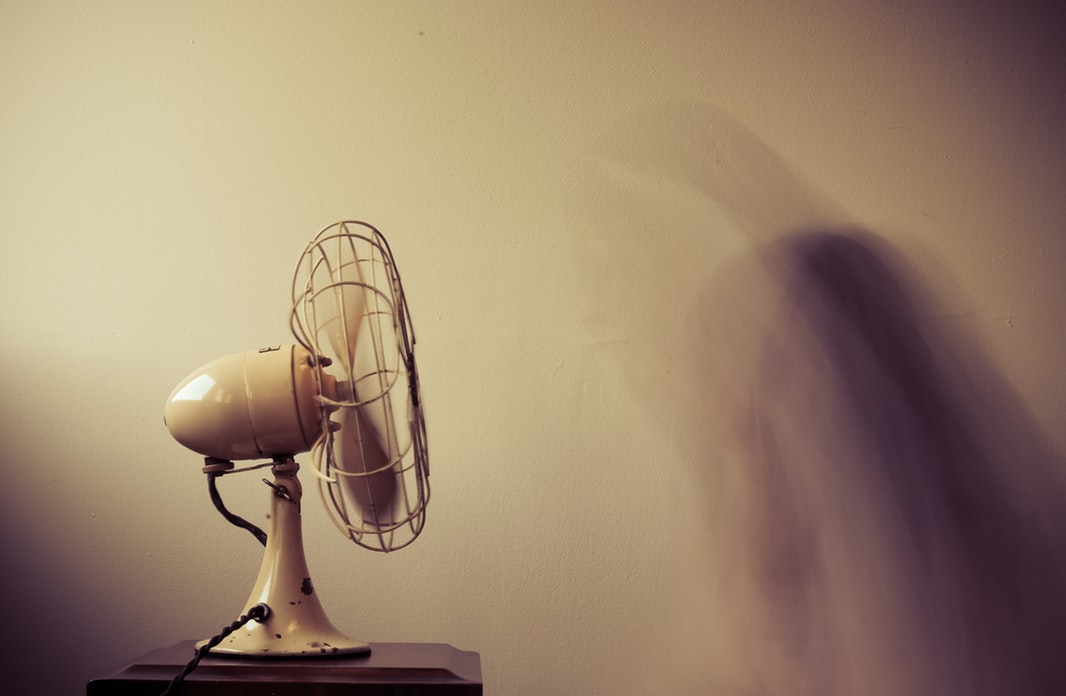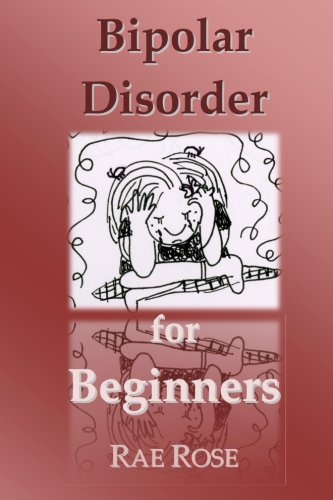A Simple Act
By Erin Edwards
It is a simple act to stand in the middle of the road. Simple, but effective. A car either has to stop and wait or run you down—and it just wouldn’t do for a hearse carrying the body of a former government official to accelerate towards a woman in the middle of the street.
Making a scene wasn’t something I’d planned. I hadn’t even been paying attention when they’d announced the route for Eric Marshall’s funeral procession on the news. Events simply collided, leaving me the perfect moment. The universe implored me to do something.
The route intersected my walk to work. Barriers prohibiting pedestrian access to the road lined the pavement, except at the crossing. There, two police officers simply held up a rope, keeping us all back. We were expected to stand in silence. Once the cars passed, they’d let us through, they assured us. But Eric Marshall had never let us rest for one moment once he stepped into office. What right did he have to a peaceful forever?
I didn’t want to wait until the cars had passed.
I looked around at the people bowing their heads, waiting respectfully for the procession to drive by. But Eric Marshall had done nothing to earn my respect.
The police officer guarding the crossing looked the other way, and there was my chance. I ducked under the rope and bolted for the middle of the road.
The procession was forced to stop. The car of a prominent government official, even a dead one, hitting a woman in front of dozens of cameras was unthinkable. The funeral was being streamed to the nation, but it wasn’t Eric Marshall’s show anymore. I looked around and saw the policemen frantically discussing my presence. Tackling a woman to the ground on live television wasn’t an option either, but I knew it would only be a few moments before they had the cameras turned off so they could haul me away. I needed to make it more difficult for them, so I sat down and laid back, tucking my arms underneath me to make myself harder to grab.
The tarmac was warm, cooking in the sun. I rested my head, feeling the uneven surface through my hair, and ignored the commotion around me. No one raised their voice—this was a funeral, after all—but there was plenty of debate. It would probably only be minutes before I was dragged away.
If I’d planned it better, I would have worn a long red cloak and a white bonnet, just so my stance on Eric Marshall’s politics was clear. He had stood in the way of so many women and their health, their right to choose. He’d convinced everyone that criminalising abortion had saved the lives of hundreds of thousands of children, but no one thought to mention the women who died as a result of the bill. Some were lost to backstreet abortions. Some took concoctions the internet promised them would end a pregnancy but wound up ending their lives. And some women just couldn’t take it.
I had heard stories of women placed under house arrest, under twenty-four-hour suicide watch, because they were deemed a risk to the foetuses they carried. Eric Marshall would turn us all into handmaids, if he had the chance. It was only right that someone stand between him and eternal rest.
The sky was cloudless and far-reaching above my head. I wondered how long it would be before I got to see it again—I knew I’d be heading to a police station rather than work when they moved me. I was contemplating whether they’d give me a chance to contact my flatmate and explain my absence at home, when I heard a yell.
“Another one!”
Before I had time to register where the shout had come from, someone skidded across the ground and stopped beside me.
“Sorry,” they said with a giggle. “I didn’t think that through.”
I turned to see another woman. She was far closer than I’d normally be comfortable with, but I appreciated the show of solidarity. From my limited vantage point, she was dressed for work, in a pencil skirt and floaty shirt with billowing sleeves. I wondered if she’d shredded them during her shaky landing. Despite any damage she might have done to her clothes or herself, she was grinning.
“Hi.” I laughed, a little manic. “You know they’ll arrest us for this?”
“Yeah, I figured. But if there’s two of us, it’s harder for them,” the woman said, shrugging. “I’m Daphne.”
“Allyson,” I introduced myself. “Thank you.”
We were at rather an awkward angle to shake hands, but instead Daphne threaded her arm through mine and linked us together. If they tried to drag one of us away, they’d have to take us both.
I didn’t ask Daphne why she hated Eric Marshall. She could have just hated the way he had knocked over the first domino—there was already talk of having women of childbearing age assigned to a guardian, whether that be a family member or partner, to ensure she “acted responsibly.” It was only getting worse. There was always the chance her hatred was personal. She could have lost a friend, a family member or a loved one. It wasn’t the kind of thing you asked someone when you’d just met and you were lying on the burning tarmac in the middle of the road in front of a funeral procession.
They must have shut off the cameras, because a police officer came to stand over us. The sun shone behind his head, backlighting him so all of his features were sunk in shadow.
“All right, ladies, you’ve had your fun. Show some respect, get moving,” he ordered, waving his hands like he could waft us away like a bad smell.
“This is a protest,” Daphne said, her voice stronger than mine would have been.
“This is a funeral,” the officer replied.
“You see a funeral; we see a celebration of the loss of our human rights,” Daphne shot back.
She tightened her grip around my arm. Despite the sun, I stared right up at the officer’s face, jaw clenched. Leaving quietly wasn’t an option.
The officer huffed and walked away. The debate on how best to pitch us out of the road was growing loud. I could hear shouting and radios, as they called for backup and argued over strategy. They didn’t want to make martyrs of us, but every second we were left there was another moment that Eric Marshall was rotting in his coffin.
I turned to look at the hearse, only feet from me. The black paint was glossy enough that I could see my face in it. There was me, there was Daphne, and there was what seemed like miles of empty road. If I had planned any of this, I would have brought handcuffs to lock myself to the grill. We likely had mere moments before we were picked up and tossed into the back of a police car.
“It was nice to meet you, Daphne, I said. “Thanks for doing something stupid with me.”
“Oh, I don’t think it’s over,” she said.
I could hear a grin in her voice and when I turned to see what she could possibly be smiling about, I found her looking the other way. At the crossing where I’d originally snuck through, there was a whole group of women. There had to be twenty or thirty of them, all pushing forward against a row of police. The officers had abandoned the rope they’d been holding up and were trying to create a wall of riot shields.
Our anger had been building for so long. Layer upon layer of it, another spark added to the fire each time we felt the restraints of Eric Marshall’s policies: the men-only bars and restaurants we were banned from for our own safety, the TV adverts begging us to take care of our health to ensure thriving offspring, the poster campaign that screamed “A WOMAN’S PLACE IS IN THE HOME!” It was enough to drive anyone to rage. They say that a woman can display superhuman strength to save a child, but no one ever realised that she could do it to save herself, too. She just had to be pushed far enough.
I watched, sideways and half-blocked by Daphne, as the group of women burst through the line of police. Once one had breached the blockade, they all piled through the gap before it could be closed again. Shouts of victory and glee rang out as they ran towards us. Suddenly the empty road was a sea of bodies, clustering together and grabbing on to each other so no one was left vulnerable.
Information was shared through the crowd as quickly as people could speak the words. The official broadcast had been shut down, but social media livestreams had almost immediately started up in its place, shared by onlookers from nearby buildings. The world was watching.
Any lack of a plan on my behalf was immediately rectified by the women around me. They shared the number of a protest support line, reminders to go limp if someone tried to lift you, orders not to give personal information even if arrested. No one had any doubt that we would all be taken into custody, that Eric Marshall’s funeral procession would eventually continue, and he would be laid to rest. But first, we would make our stand.
Erin Edwards is a dedicated Londoner and compulsive writer, most often found in an archive or at the theatre. She is committed to providing the world with more queer content and is currently working on far too many different projects to do just that. You can find her Twitter at @EEdwardsWrites.
Photograph by Victoria Pickering via a Creative Commons license.
A note from Writers Resist:
Thank you for reading! If you appreciate creative resistance and would like to support it, you can make a small, medium or large donation to Writers Resist from our Give a Sawbuck page.




